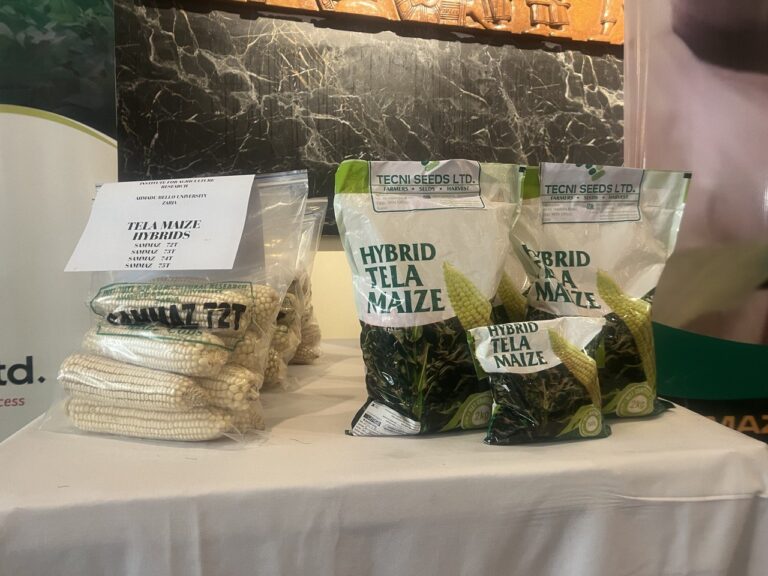Among a sea of white tattered tents live tens of thousands of people forced to flee their homes when civil war erupted in South Sudan over a decade ago. Many of the children were born in this displacement camp and remain there today.
On the third day of his goodwill visit to Juba, the President of the United Nations General Assembly, Dennis Francis, saw first-hand the challenging conditions the families live in. He heard from community leaders their concerns but also their hopes for peace. He learned about the challenges facing them in accessing health services and of their worries about the impending floods with the onset of the rainy season.
President Francis expressed his solidarity and support for the communities as well as the determination of the United Nations to back all efforts to fully implement the peace agreement so that those displaced from their homes can return and rebuild their lives.
“I learned of the sobering reality faced by the Internally Displaced Persons Camp dwellers in South Sudan, and I believe anywhere else. Witnessing the plight of those affected by conflict especially the IDPs reminds us of the urgent need for peace and stability. We must redouble our efforts to alleviate suffering and rebuild lives, by prioritizing the basic needs #WASH and food sustenance for IDPs,” said President Francis.
The President also engaged with local media on a range of issues confronting the country, including intercommunal conflict and the risk of spillover from the Sudan crisis, soaring humanitarian needs, and the impact of flooding and drought due to climate change.
His message is a simple one. It is the need for peace.
“The Revitalized Agreement is indeed a landmark achievement. And I firmly believe that all it now needs is for the parties to faithfully rally behind it to ensure its full implementation, and I repeat, full implementation,” said President Francis. “There is inspiration to be drawn from Mahatma Ghandhi’s apt words of wisdom that: there is no way to peace. Peace is the way.”
To ensure that peace is sustainable, the President emphasized the need for an enhanced civic and political space.
“The Republic of South Sudan’s nationally led path to a brighter future must be an inclusive one. It must showcase the full, equal and meaningful participation of its women. It must embrace the active involvement of its civil society organizations and the youth. And in so doing, it must fully acknowledge the challenges and opportunities for realizing the rights of all children.”
Children are particularly vulnerable to the risks posed by mines and explosive ordnance in South Sudan, where over 21 million square metres of land is known to be contaminated. Since 2004, the UN Mine Action Service has been protecting communities by removing these hazards to enable displaced people to safely return home, provide safe access to farmlands, homes, health centres, and schools as well as encouraging socio-economic development.
The President of the General Assembly witnessed and participated in these efforts at a site in Gondokoro, 17 kilometres northeast of Juba. This area was caught in the crossfire of heavy fighting between forces during the civil war. So far, UNMAS has cleared more than 380,000 sqm of land, approximately 53 football fields, and destroyed 57 hazardous items, to protect and enhance the lives of 2500 host community members and 5,500 returnees and displaced people.
President Francis watched as the full range of UNMAS activities were demonstrated, from manual mine clearance to the use of battle area clearance machines and mine action dogs specially trained to sniff out and warn of danger. He then got hands-on by pressing the button on the demolition of an unexploded ordnance.
“I’m very humbled by the work done by the deminers. I appreciate their efforts to come to work every day with great personal risk to themselves – to ensure the safety of communities and families living or travelling through areas affected by unexploded ordnances,” said President Francis.
The President will wrap up his trip tomorrow by spending time with police officers and engineers serving with the United Nations peacekeeping mission in South Sudan (UNMISS).
Distributed by APO Group on behalf of United Nations Mission in South Sudan (UNMISS).




